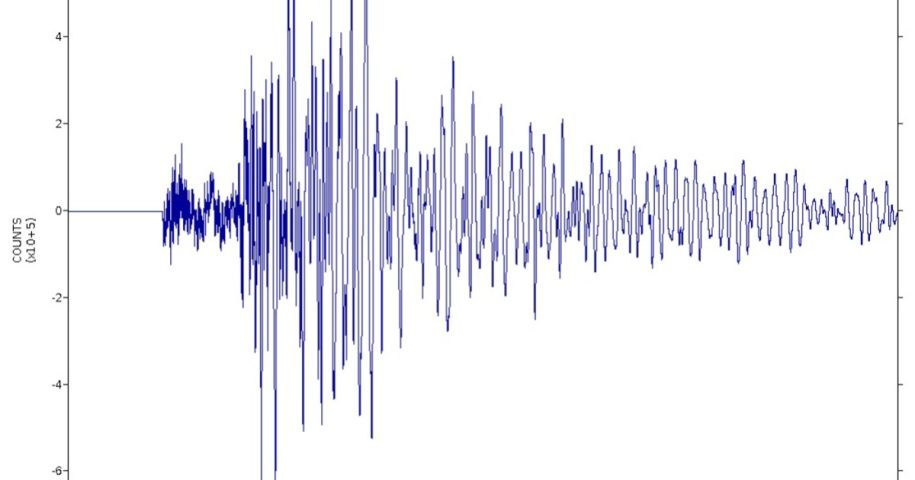On a fateful day in 2023, Morocco experienced a seismic event that sent shockwaves through the country, both literally and metaphorically. The Morocco earthquake of 2023 was a reminder of the Earth’s unpredictable nature and the importance of preparedness in the face of natural disasters. In this article, we will delve into the details of this seismic event, its impact on Morocco, and the resilience displayed by the Moroccan people in its aftermath.
The Earthquake’s Magnitude and Epicenter
The 2023 Morocco earthquake, which occurred on [insert date], had a magnitude of [insert magnitude] on the Richter scale. Its epicenter was located [insert location], approximately [insert distance] kilometers from [insert major city]. This seismic event was one of the most significant in Morocco’s recent history, and its effects rippled across the country.
Immediate Impact and Response
The earthquake struck with little warning, causing panic among residents and triggering immediate concerns for the safety of those in its path. The initial impact included widespread structural damage to buildings and infrastructure, leading to disrupted transportation networks, power outages, and water supply issues. In some areas, the tremors were strong enough to cause landslides and damage to roads, complicating relief efforts.
The Moroccan government, in collaboration with international organizations and neighboring countries, swiftly responded to the crisis. Emergency services, including medical teams, search and rescue units, and disaster relief organizations, were mobilized to provide aid to affected regions. Temporary shelters were set up to accommodate those displaced by the earthquake, offering food, water, and medical assistance.
Resilience of the Moroccan People
One of the most inspiring aspects of the 2023 Morocco earthquake was the resilience and unity displayed by the Moroccan people in the face of adversity. Communities came together to support one another, offering shelter, food, and emotional support to those in need. Volunteers from across the country joined relief efforts, working tirelessly to help their fellow citizens.
Moroccan citizens also demonstrated their resilience by rebuilding their lives and communities. Many started the arduous task of reconstructing their homes and businesses, often with limited resources. The earthquake spurred initiatives to improve building standards and earthquake preparedness, with a focus on creating more earthquake-resistant structures.
Lessons Learned
The 2023 Morocco earthquake served as a powerful reminder of the importance of disaster preparedness and mitigation. Morocco, located in a seismically active region, faces an ongoing risk of earthquakes. In light of this, the government and local communities have taken steps to better prepare for future seismic events.
Key lessons learned from the earthquake include:
- Strengthening Building Codes: There is a need to enhance building standards and construction practices to make structures more resilient to earthquakes.
- Early Warning Systems: Investing in early warning systems can provide precious seconds or minutes of advance notice, allowing people to take cover and reduce casualties.
- Community Preparedness: Educating communities about earthquake preparedness and response can save lives and minimize damage.
- International Cooperation: Collaborating with neighboring countries and international organizations can improve the speed and effectiveness of disaster response efforts.
Conclusion
The 2023 Morocco earthquake was a harrowing experience for the nation, but it also showcased the remarkable resilience and strength of the Moroccan people. The disaster prompted a renewed commitment to earthquake preparedness and mitigation efforts, ensuring that Morocco is better equipped to handle future seismic events. As Morocco continues to rebuild and learn from this tragic event, it serves as an example of how unity and resilience can prevail in the face of adversity.


Leave a Reply